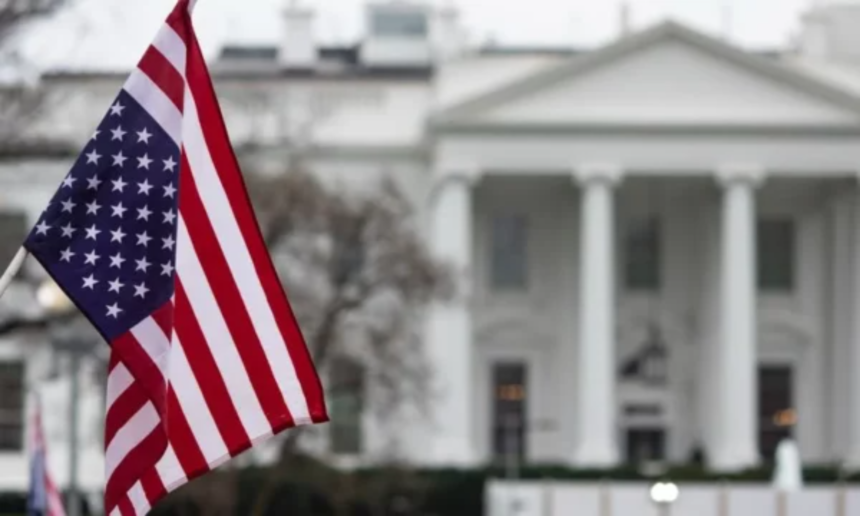WASHINGTON, Jan 31 (Reuters) – U.S. President Donald Trump will impose 25% tariffs on imports from Canada and Mexico and a 10% tariff on Chinese goods starting Saturday, White House spokesperson Karoline Leavitt confirmed.
The White House justifies the move as a measure to combat illegal fentanyl trafficking and curb immigration. “These countries have sourced and allowed the distribution of fentanyl into our country, which has killed tens of millions of Americans,” Leavitt stated.
Market Reactions and Political Fallout
The announcement triggered currency fluctuations, causing the Mexican peso and Canadian dollar to fall while U.S. Treasury yields rose. The stock market also responded negatively, with shares sliding after the news.
Despite earlier reports suggesting a delayed implementation until March 1, Leavitt clarified that tariffs would take effect immediately with no official confirmation on exemptions.
A Blow to North American Trade
The new tariffs risk disrupting $1.6 trillion in annual trade between the U.S., Canada, and Mexico, potentially dismantling the 30-year-old free trade system. Canadian Prime Minister Justin Trudeau warned of retaliatory measures, while Mexican President Claudia Sheinbaum urged for continued diplomatic dialogue.
Trump is expected to invoke the International Emergency Economic Powers Act (IEEPA) to justify the tariffs, citing a national emergency due to fentanyl-related deaths and illegal immigration. The move could further strain U.S. relations with its key trading partners and drive up prices for American consumers.
With election season approaching, Trump’s aggressive trade policies are set to become a hot-button issue, testing both economic resilience and diplomatic stability in North America.







